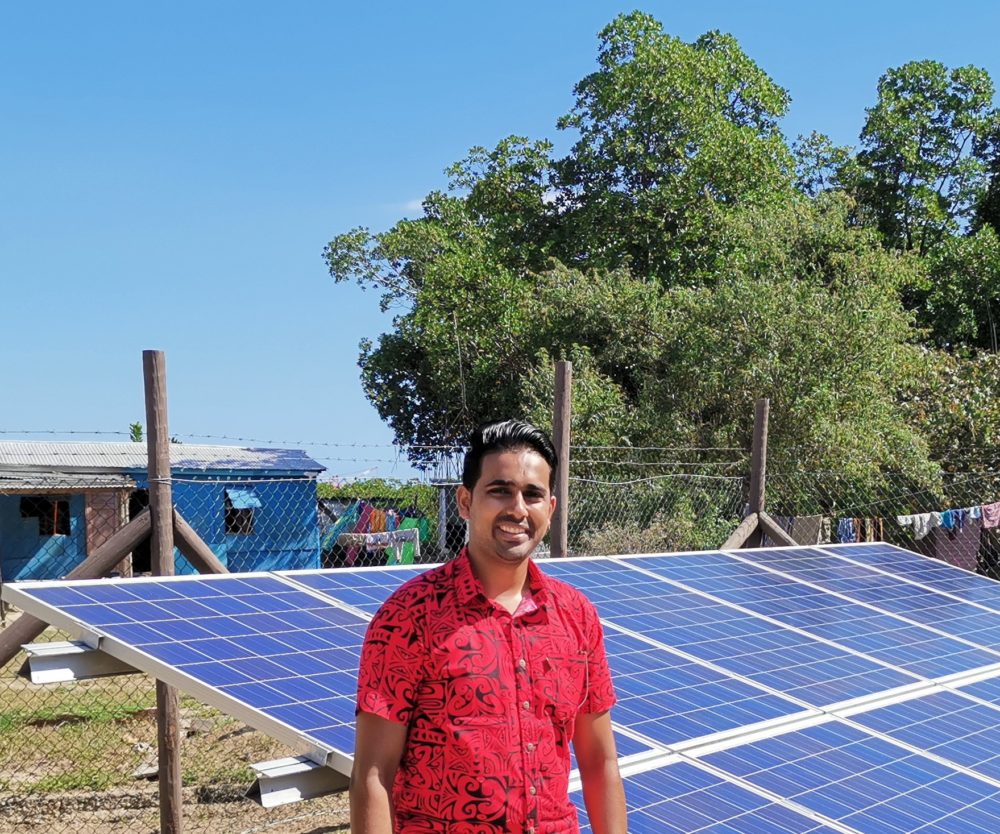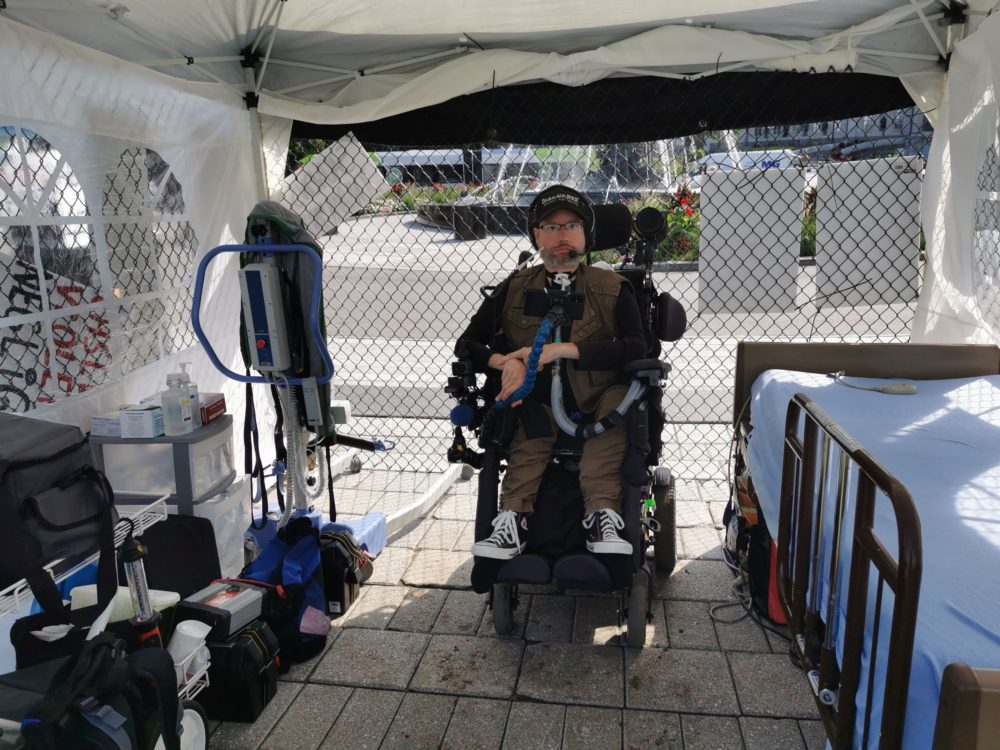By Neena Bhandari
Sydney, 10.09.2021 (IPS): The UK Space Agency’s International Partnership Programme (IPP) CommonSensing is led by the United Nations Institute for Training and Research (UNITAR) through its United Nations Satellite Centre (UNOSAT), which is working with selected partners including the Commonwealth Secretariat to improve resilience to the effects of climate change in Fiji, the Solomon Islands and Vanuatu.
Vineil Narayan, Climate Finance Specialist and Head of Climate Change and International Cooperation Division, Ministry of Economy, Fiji, talks about the use of CommonSensing data in climate change adaptation and mitigation; and its potential in accessing the much-needed climate finance.


